When first graders like Didier in Rwanda don’t have electricity at home, practicing reading at night becomes impossible.
Find out how solar lamps from World Vision’s Gift Catalog are shining brightly to help improve children’s literacy!
* * *
In Rwanda, first graders like Didier are typically sent home from school with the same homework every day: practice reading.
Literacy is the foundation of education, and being able to read well will enable Didier and his first-grade classmates to have a more promising future. The best way for children to become better at reading is to practice with their parents or other family members after school; research shows that 20 minutes a day spent reading at home contributes to improved reading skills.
But when it gets dark after school and families don’t have electricity, homework becomes impossible. So many children in this situation fall behind in school. This was the case for Didier.
Fortunately, World Vision gave Didier’s mother, Jacqueline, a solar lamp from the World Vision Gift Catalog through the Reading Club she helps to facilitate at Didier’s school. World Vision’s Food for Education program established the Reading Club, which is funded by the United States Department of Agriculture, the World Food Programme, and the government of Rwanda’s Home Grown School Feeding program.
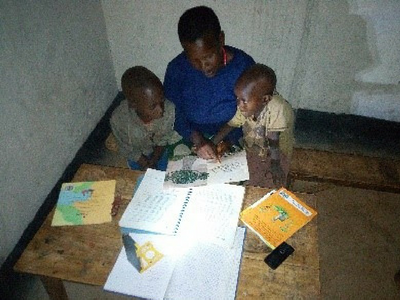
The Food for Education program is building literacy skills for 85,000 children in 104 schools in Rwanda by establishing Reading Clubs, providing reading materials, training teachers and parents, and providing 15 million meals so hunger doesn’t prevent Rwandan children from going to school. (Find more results about the program here.)
Before she received the lamp, Jacqueline says it was very difficult to prepare for her Reading Club sessions. She also struggled to help her children work on their school lessons and read in the evenings.
Now she can use the lamp’s light at night not only to ensure Didier can practice and improve his reading, but also so other children in her Reading Club, like Didier’s friend Gilbert, are better prepared in their school work, which leads to improved literacy. The benefits of this lamp’s light multiply and shine bright throughout the community!
To shine brightly in the lives of children like Didier and Gilbert this Christmas, give solar lamps here.
This project was funded in part by a grant from the United States Department of Agriculture and World Food Programme. The contents are the responsibility of World Vision, Inc. and do not necessarily reflect the views of USDA or WFP.
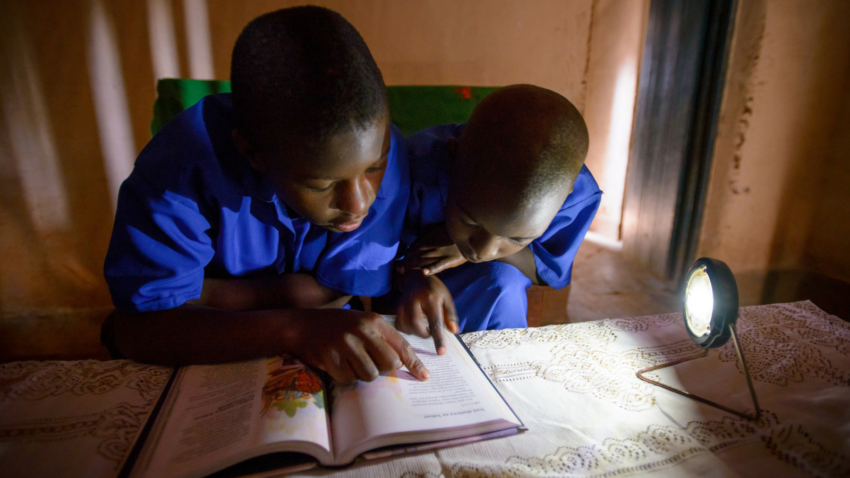
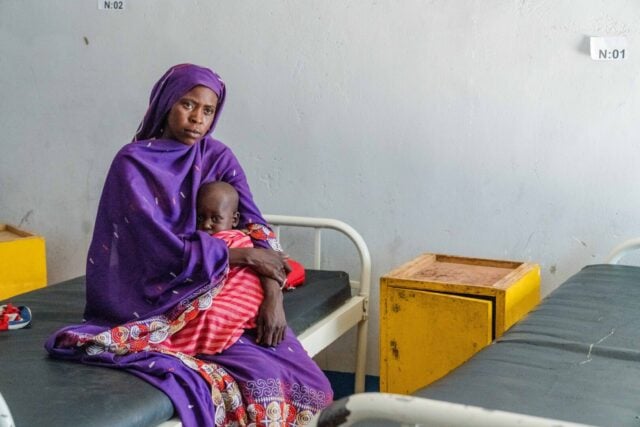

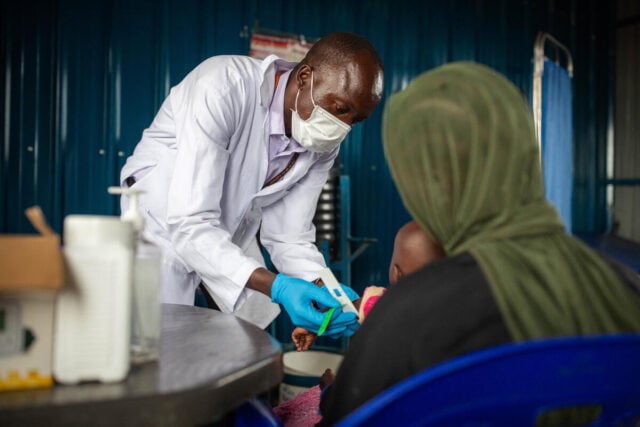
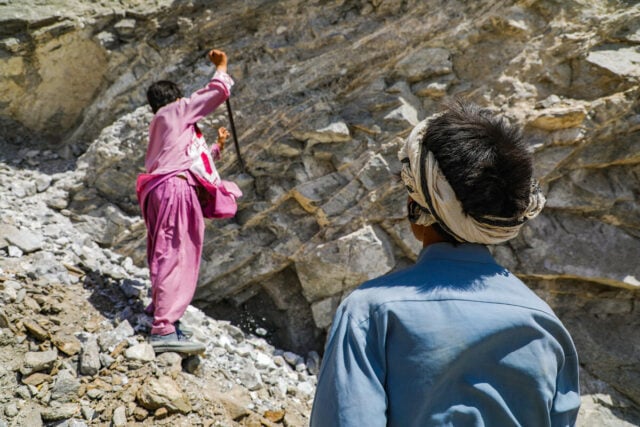
Comments